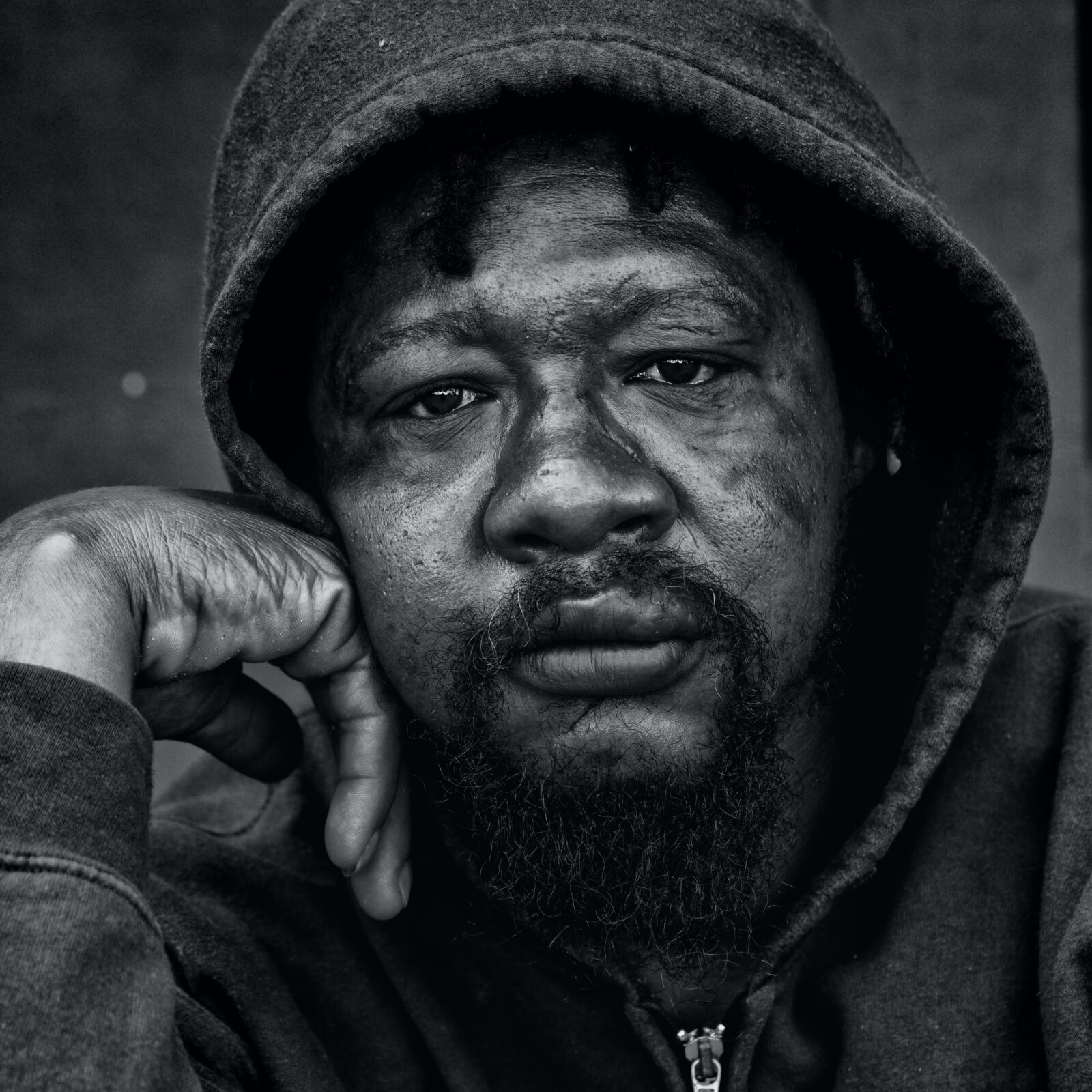This column begins year two of my weekly writing specifically about homelessness: 52 down, 52 to go, and then it’s time to turn columns into a book. People new to the homelessness debate often find the recommendations of various groups confusing. So here’s a simplified, maybe over-simplified means of understanding the big four prescriptions:
- Housing first: Homelessness is primarily a lack of housing. Official policy of the U.S. government. See https://endhomelessness.org/resource/housing-first/
- Improve mental health/stop substance abuse first: Homelessness goes along with lack of rational functioning brought on by drugs, alcohol, or mental illness. See https://pitinoshelter.org/ten-causes-of-homelessness/
- Community first: Homelessness is largely a function of the profound, catastrophic loss of family. See https://mlf.org/faqs
- Christ first: Homeless people, like others, must be born again to gain new hope and the ability to change. See, for instance, https://clarksburgmission.org
Let’s unpack this. Housing First advocates in government and at the National Alliance to End Homelessness say homeless individuals should receive permanent housing with no questions asked: They cannot be required to address their alcoholism or addictions, nor should they be pushed to meet with mental health professionals or take any medications. Further, Housing First emphasizes “client choice” regarding the housing that is offered: Those who want apartments should receive them. (As I noted on April 21, Russell Schutt’s Homelessness, Housing, and Mental Illness shows that those without much executive function often do not make wise decisions.)
Improve mental health/stop substance abuse first: Last year Stanford Institute for Economic Policy Research Center estimated that 52% of the homeless in California are either severely mentally ill or addicted to hard drugs. Other estimates go as high as 75 percent. Putting them in apartments leaves them out of sight, out of mind, out of their minds. A study in the 2017 Journal of Dual Diagnosis, which looks at co-morbidities, found that people who moved into housing without mental health/substance abuse considerations did worse on alcohol use, drug use, mental health, and quality of life than those who faced some pressure to receive help. Critics say the requirement to get help is a barrier for some who will continue to sleep outside, where their problems will worsen.
Community first: This approach sees the single greatest cause of homelessness as a profound, catastrophic loss of family. Homeless people need to be in communities with supportive services that help individuals to build relationships with others, and to experience healing and restoration as they become part of a community with others. One program that’s getting great publicity, Community First! Village in Austin, has had success with older, long-term homeless people who voluntarily seek the help they need once they are in a community with people who care about them.
Christ first: Viewed secularly, many homeless people give up, so a dose of hope helps. Viewed Christianly, the poor like the rich need to be born again: then the Holy Spirit changes attitudes. This approach in the United States has 150 years of successful history behind it: Urban missions would offer spiritual food along material food in the expectation that were both essential. Critics complain that Christian missions are “high-barrier,” often requiring those seeking more than just an overnight bed to participate in a Bible study. Defenders say that the hopeless culture of long-term homelessness is itself a high barrier: Leaving that lifestyle requires, as Scottish pastor Thomas Chalmers put it, “the expulsive power of a new affection.”
A crucial question: Does fighting homeless require prioritizing one of these four? Eden Village in Wilmington, North Carolina, defines itself as “a faith-based ministry [that] strives for a simultaneous Housing First, Community First, and God First model: Housing First… as the initial step of rehabilitation and recovery from homelessness. Community First [since] housing previously homeless folks in a supportive community is critical to their long-term successful development. God First [because] a relationship with God and a spiritual component of forgiveness [are] central to healing from homelessness. Eden Village is trying to replicate itself across the United States. I’m grateful to have helped a little bit by developing ideas 30 years ago that are now getting a second life. As Eden Village president Thomas Dalton writes, “Helping others should be done in a dignified manner by following the concept of CPR as outlined by Marvin Olasky in his book The Tragedy of American Compassion: C=Challenge (two-way exchange, limited dependency related giveaways or handouts). P=Personal Relationships. R=Religion or Spirituality.”

